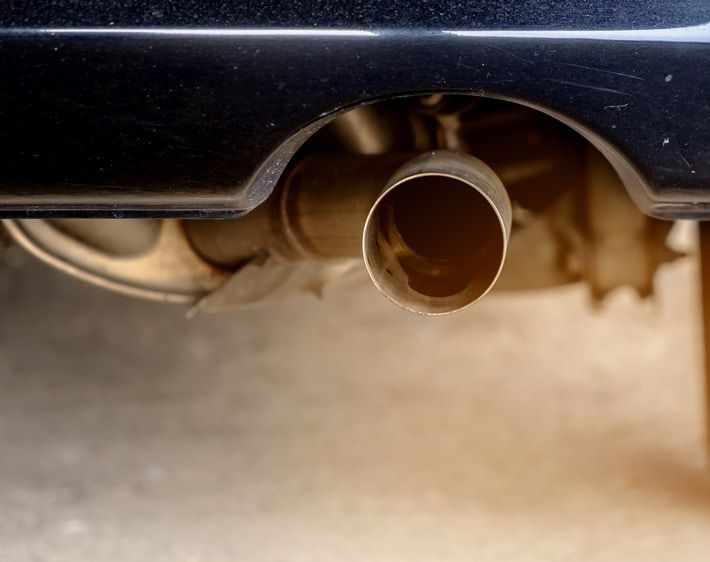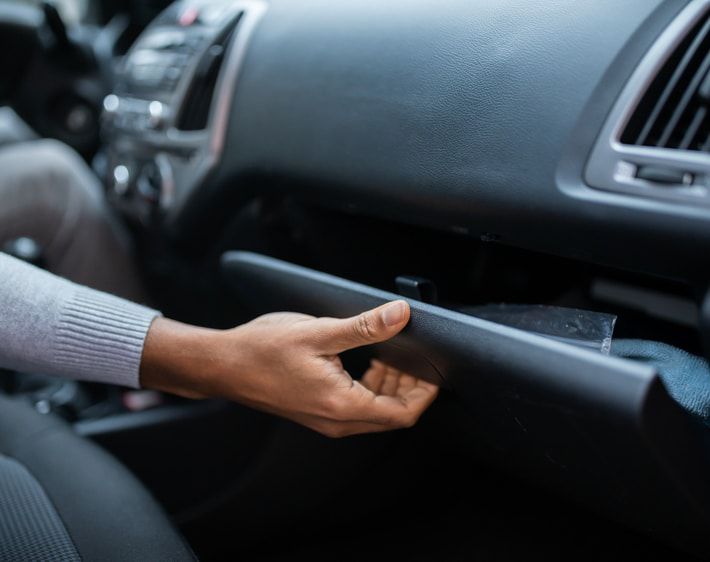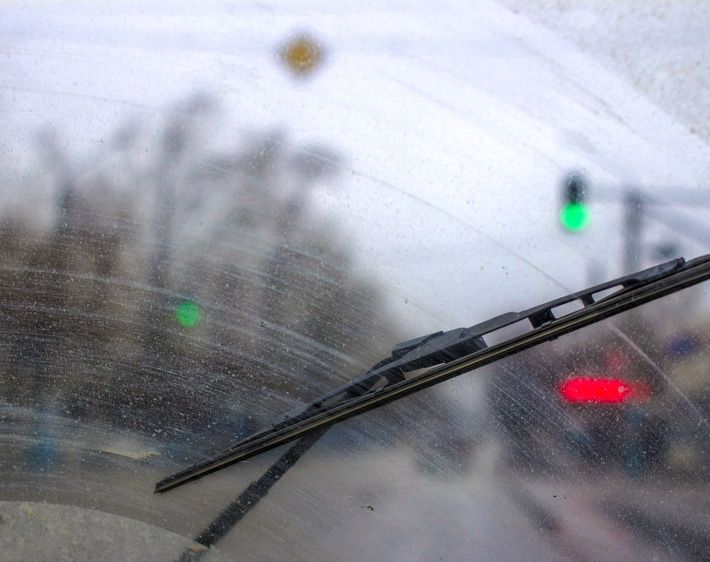You hop in your car to begin your morning commute when all of a sudden, you hear what sounds like a gun firing! But hunting season is over, and you're sure it didn't come from a neighboring yard — so what was that loud POP!? It's not a gun and it's not a firecracker. It's your car backfiring!
This explosive sound is scary by itself, but it’s even more alarming when followed by a loss of vehicle power. If you’re wondering, “Why the pop is my car backfiring,” read on to learn what causes the sound and how to deal with it.
How Your Engine Works
Your car’s internal combustion system uses flammable liquids, air, and controlled explosions to power your vehicle. Backfires occur when this system isn’t working as it should, which is why it’s critical to understand how the engine works in order to figure out why your car is backfiring.
Here are the basic steps your internal combustion engine follows to turn fuel and air into horsepower:
Step 1: Intake
The intake valve on your fuel cylinders opens, pulling a mixture of fuel and air into the engine.
Step 2: Compression
The intake valve shuts and a piston compresses the air-fuel mixture mentioned above.
Step 3: Combustion
When the mixture is fully compressed, a spark plug “fires” electricity into the air-fuel mixture, igniting it into a small, controlled explosion.
Step 4: Power Stroke
The gases from the air-fuel combustion push the piston back in what’s known as a “power stroke.” This reaction pushes the crankshaft, which activates the gears and ultimately powers your car’s wheels.
Step 5: Exhaust and Propulsion
The exhaust valve opens and closes, allowing smoke and residue from the combustion process to escape through the tailpipe. The entire process occurs on repeat while your engine runs, with multiple pistons and cylinders working together to make the wheels on your bus (or car) go round and round.
So, Why Does My Car Backfire?
Typically, a backfire takes place when one of the above explosions occurs outside your fuel cylinders. Some backfires travel back up the intake valve while others spill out through the exhaust system — causing a type of backfire known as an “afterfire.” Afterfires can sometimes result in visible flames shooting out of the tailpipe. Yikes!
Backfires and afterfires are worth paying attention to since they can cause engine damage, power loss, and decreased fuel efficiency. There’s a variety of factors that can cause your car to backfire, but the most common ones are having a poor air to fuel ratio, a misfiring spark plug, or good old-fashioned bad timing.
Poor Fuel-Air Ratio
The right ratio of fuel and air is critical to proper engine combustion. If there is too much of either one, you can have an engine that’s "running rich," or "running lean" — neither of which is a good thing.
When an engine is running rich, it has too much fuel and too little air, which slows down the combustion process. When combustion doesn’t happen in a timely manner, the exhaust valve opens while the air-fuel mixture is still igniting, causing this explosion to “spill” out of the cylinder, making a loud popping noise.
On the flip side, an engine that’s running lean has too much air, which also delays combustion, causing backfires. If you think your vehicle is running rich or lean, have a trusted expert at Firestone Complete Auto Care inspect your engine. We'll look for the following troublemakers:
Faulty Oxygen Sensors
In newer vehicles, computerized sensors help ensure the air-fuel ratio is correct. However, if a sensor malfunctions, it can throw off the air-fuel ratio, causing sluggish or delayed combustion. If this is the case, your Check Engine light might be screaming at you.
Leaky Exhaust Systems
Leaks in the exhaust system, sometimes called vacuum leaks, can sound more like a screech than a bang as excess air gets sucked in. All this extra air mixes with the fuel, creating an incorrect ratio for proper combustion.
Dirty Air Filters
Even something as simple as a dirty air filter can potentially trigger a backfire. Since air filters allow clean air to flow into your engine, a dirty filter can inhibit the flow of air into the intake, creating a poor fuel-air ratio.
Faulty Fuel Injectors
Injectors that supply too little or too much fuel to the cylinder can also create a poor fuel-air ratio.
Misfiring Spark Plugs
Spark plugs that fire out of turn or not at all can also cause backfiring. Shorts in wiring, incorrect wiring, or damaged distributor caps that deliver the charge to the wrong plug at the wrong time are much more common in older vehicles. But even in newer cars and trucks, plugs can malfunction due to carbon buildup or wear out over time.
Bad Timing
In the four-steps of engine combustion, timing is everything. If the timing is off, valves might open or close at the wrong time, and the spark might arrive early or late. Any time the fuel-air explosion is not properly compressed, ignited, and contained, a backfire can occur. "Bad" timing tends to be more of an issue in older vehicles with timing belts and catalytic converters. Newer engines with computer-controlled timing are more reliable, and backfires are less likely.
Why Do Cars Backfire When Shifting?
Not all backfires occur when you start the engine. Sometimes one can happen when you shift gears. However, that loud pop that you hear when shifting is, in fact, an afterfire. Most of these occur on manual vehicles where a clutch is used to shift gears. As you press in your clutch and go from one gear to the next, fuel can continue to enter the cylinders, especially if you switch gears at higher RPMs.
All this unburnt fuel builds up in the exhaust and ignites when you release the clutch. Though this might sound alarming when it happens, an afterfire when shifting isn't necessarily damaging your vehicle.
Get Your Engine Firing On All Cylinders
Does the sound your car makes upon starting remind you of Fourth of July fireworks? Then it's time to take care of those combustion problems! Visit your local Firestone Complete Auto Care, or schedule an appointment online for help troubleshooting engine backfires.



